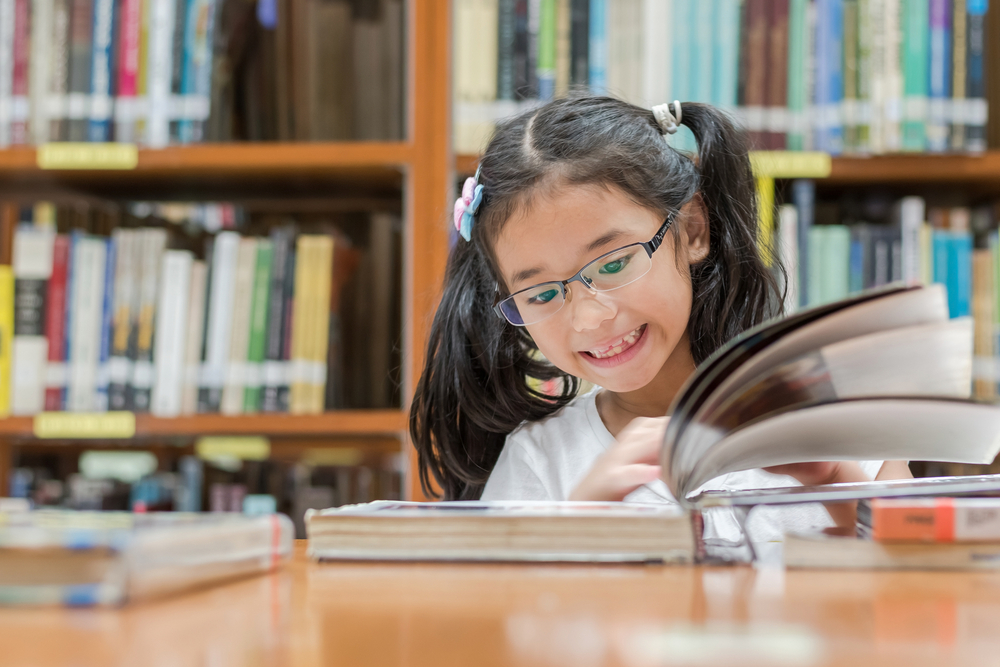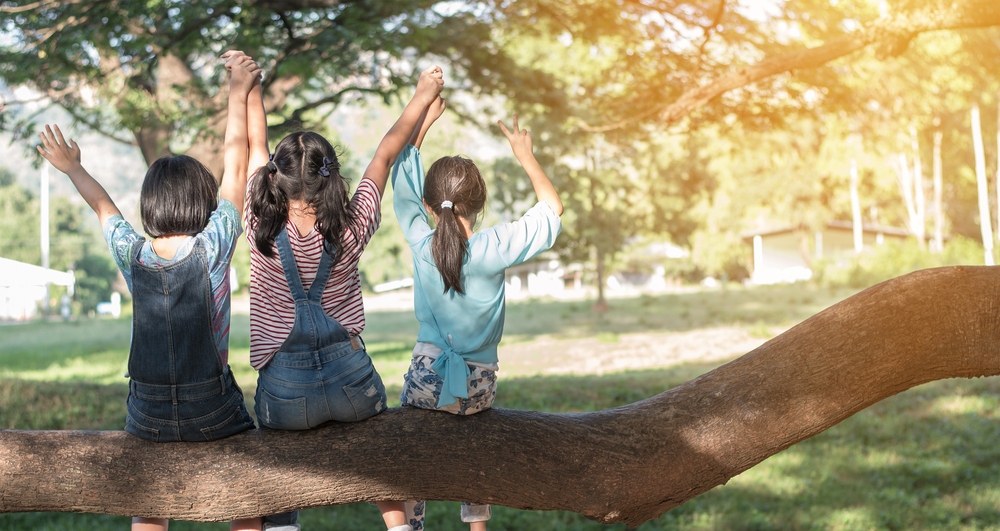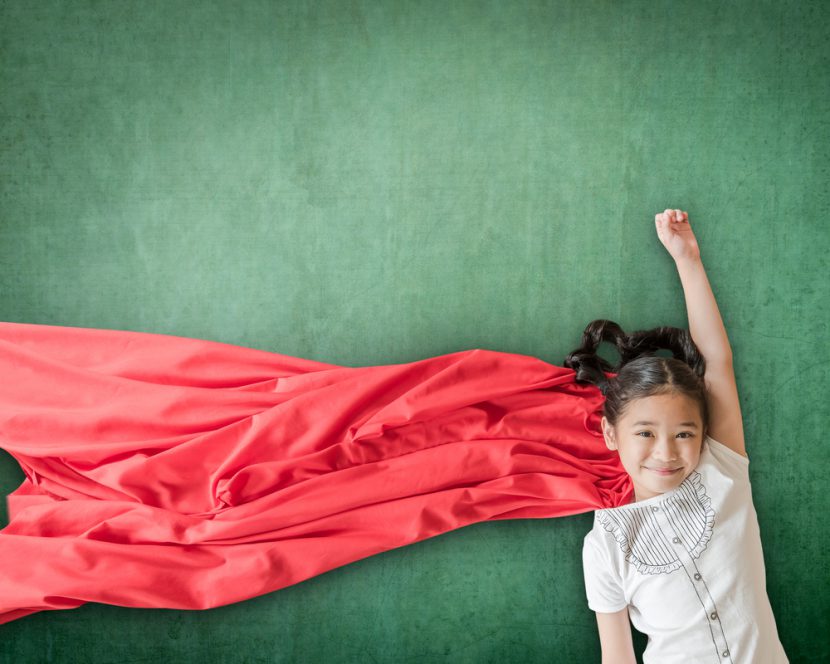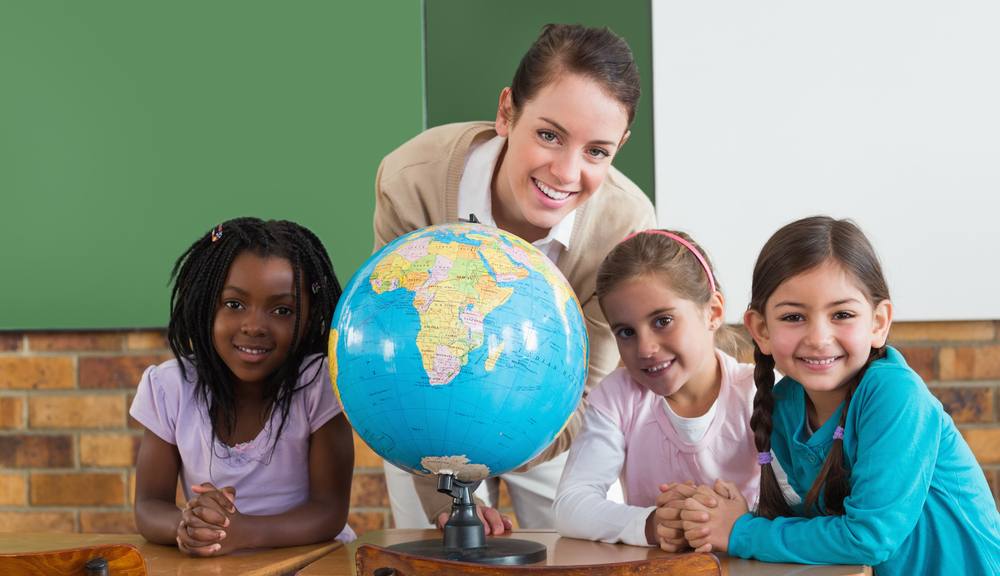GirlForce: Unscripted and Unstoppable
“Empowerment of and investment in girls are key in breaking the cycle of discrimination and violence and in promoting and protecting the full and effective enjoyment of their human rights.”
-Extract from the United Nations Resolution 66/170
Approximately 25 years ago, many men and women from various countries attended the “China for the Fourth World Conference on Women” in Beijing where they first determined to recognize the rights of women and girls as human rights, adopting the “Beijing Declaration and Platform Action.”
Later on, as a result of youth advocacy around the world, on December 19, 2011, United Nations General Assembly adopted Resolution 66/170 where they declared October 11 as the International Day of the Girl Child.
This day focuses explicitly on amplifying girls’ voices, the empowerment of girls, and the recognition of their rights. It aims to draw attention to the pressing need to address the challenges, dangers, biases, and injustices girls face, such as child marriage, education inequalities, and gender-based violence.
This year, under the theme, “GirlForce: Unscripted and unstoppable”, the achievements by, with and for girls since the adoption of the Beijing Declaration and Platform for Action will be celebrated.
Currently, the girl
Although significant improvements have been made that cannot be overlooked such as new funds, organizations, and movements supporting girls, girls globally are still subjected to child marriage, trafficking, forced labor, and violence.

Many are denied access to education, having less access to information, communication technology, and resources. Additionally, fatalities relating to gender-relating killings have significantly increased, which is a grave problem in today’s world.
On a more positive note, some girls are breaking boundaries posed by stereotypes and segregation. They are gaining skills to excel in future environments of work and are acquiring many empowering roles as entrepreneurs, innovators, and initiators.
One successful feminist action, for example, is the ‘#Ni Una Menos’ (‘Not One Less’) movement. This movement spread across Latin America, seeking attention to the excessive rates of femicide in the area. Additionally, organizations like NOW, UNESCO, and TRCC (Gambian Truth, Reconciliation and Reparations Commission) have made a significant impact on girls’ and women’s rights too. With these kinds of movements, explaining issues backed with evidence, many women’s rights organizations and individuals have made significant changes occur in policies, legislations, services, and even public opinions.
Looking forward
The process made in the last 25 years has been remarkable since the Beijing Declaration and Platform Action. Looking ahead, this progress must be kept up: more girls’ voices must be heard, and the opportunities provided to them must be enhanced. International Day of the Girl will highlight the need to invest in girls’ needs and opportunities which will invest in a better, more prosperous future that is equal for everyone. One of the Sustainable Development Goals of the 2030 agenda, signed by 193 countries, is gender-equality which will notably improve the status of girls by the set goal time.
Girls have the right to have a safe, educated, and healthy life, and if these needs are sufficiently fulfilled, girls have the potential to impact and reshape the world on a vast scale. They can be tomorrow’s entrepreneurs, workers, doctors, political leaders, and mothers. As initiators of global actions, girls are shaping a world that is relevant for them and future generations. They are proving that they are unstoppable and unscripted.

Residential Special Training Centre for former child laborers
We at Humanium work with female leaders in the field as women and girl empowerment is extremely important for us, and we strongly believe that a future into more just and peaceful hands works with women leading. That is why girls being highly educated is of significant importance to us and should be for everyone.
Additionally, Humanium works closely with girls who are subjected to forms of violation of the Children’s Rights. The Residential Special Training Centre for former child laborers is one project that accommodates this problem. The centre aims to end child labor through education, offers child laborers tailored educational, physical, mental, and emotional support, and ultimately reintegrates the children into public schools.
This project, based in Madhya Pradesh, India, is in collaboration with a local partner, Hand in Hand India. The Residential Special Training Centre has been set up for 50 girls at risk of child labor and affected by this practice. Play and education go hand in hand in Humanium’s project in Madhya Pradesh to establish a safe, educational, and nurturing environment for all. The Special Training Centre has proven to be the most appropriate place as their principal objective is to restore social bonds and diminish the children’s intellectual and physiological developmental delays.
Written by Yagmur Ozturk
References:
Humanium, ‘Residential Special Training Centre for former child labourers, Madhya Pradesh, India’. (2018, November). Retrieved from https://www.humanium.org/en/new-rstc/
UNESCO, ‘International Day of the Girl Child.’ (2018, November 16). Retrieved from https://en.unesco.org/commemorations/internationaldaygirlchild
UNICEF, ‘IDG 2019 Concept Note’ Retrieved from https://www.un.org/en/events/girlchild/assets/pdf/IDG%202019%20Concept%20Note.pdf
UNICEF, ‘International Day of the Girl 2019.’ Retrieved from https://www.unicef.org/gender-equality/international-day-girl-2019
United Nations, ‘Gender equality and women’s empowerment.’ Retrieved from https://www.un.org/sustainabledevelopment/gender-equality/
United Nations, ‘TURNING PROMISES INTO ACTION: GENDER EQUALITY IN THE 2030 AGENDA FOR SUSTAINABLE DEVELOPMENT’ Retrieved from https://www.unwomen.org/-/media/headquarters/attachments/sections/library/publications/2018/sdg-report-gender-equality-in-the-2030-agenda-for-sustainable-development-2018-en.pdf?la=en&vs=4332
UN Women, ‘International Day of the Girl Child.’ Retrieved from https://www.unwomen.org/en/news/in-focus/girl-child



